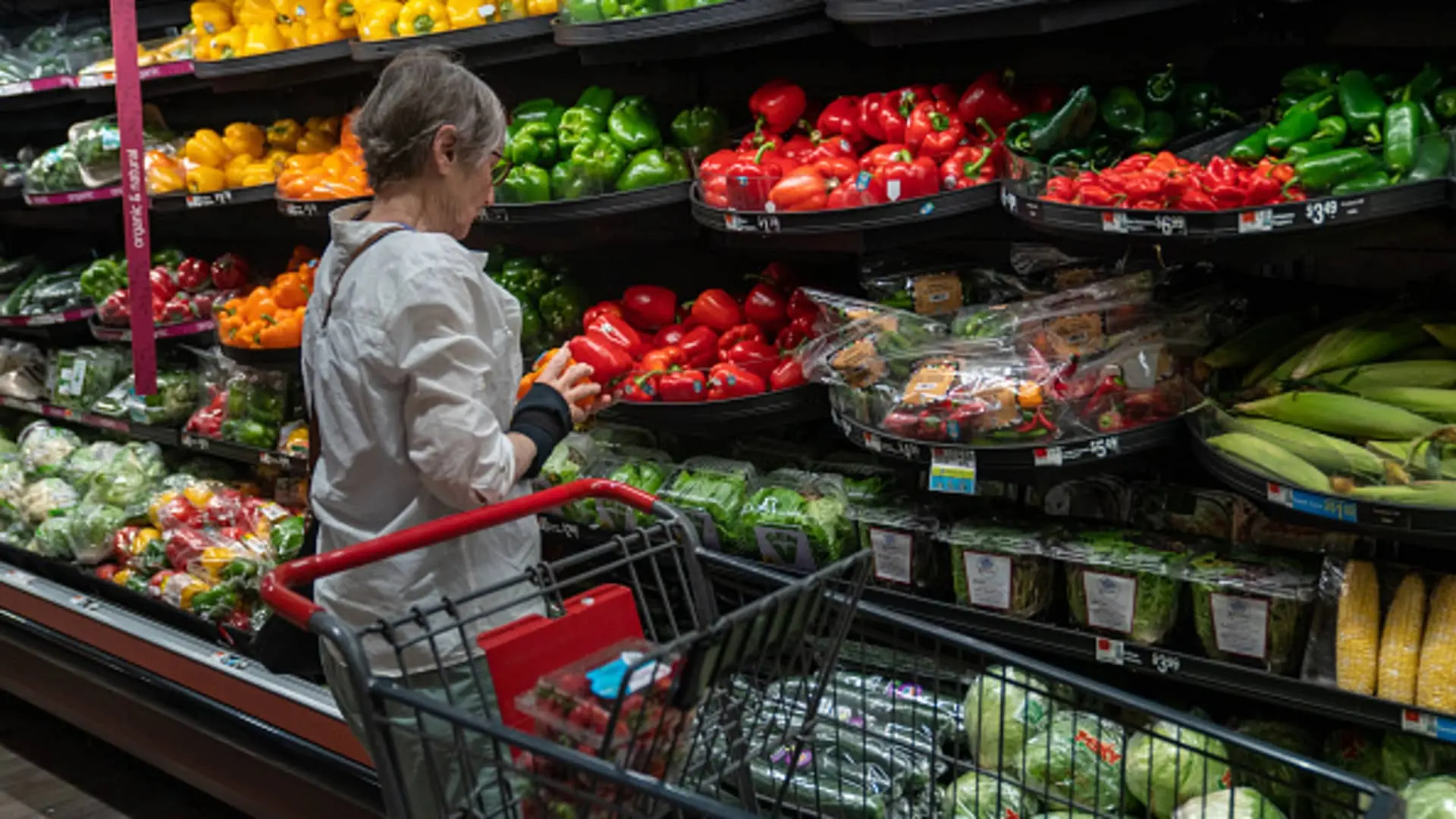Inflation rose just 0.2% in June, less than expected as consumers get a break from price increases
Inflation rose just 0.2% in June, less than expected as consumers get a break from price increases

Inflation rose just 0.2% in June, less than expected as consumers get a break from price increases

Inflation fell to its lowest annual rate in more than two years during June, the product both of some deceleration in costs and easy comparisons against a time when price increases were running at a more than 40-year high.
Corpos are slowing down the gouging..
There's a term for that: greedflation. When a company raises their prices to improve their margins then blames the increase on inflation.
They tend to do that when people stop buying all the stupid extra shit.
Nah I bet the government economists just found a trick to make the numbers look smaller.
Inflation generally begins with suppliers, so unless you consider truckers, farmers, miners, etc "corpos" your take is way off base.
Today's inflation is a direct result of the pandemic, exacerbated through savings/loose credit/"free" money as a result of not being able to spend during the pandemic. Demand didn't disappear, it just got built up. Meanwhile, manufacturers, shippers, and receivers literally couldn't get staff, and their costs rose. This carried all the way down the chain
The common retort here is the "record profits" line, but like... Yeah. Demand built up for TWO YEARS. Everyone and their mom is hiring. Of course they're seeing record profits.
Gouging has nothing to do with it. Unless you're talking about crude oil prices then yeah it's a lot of gouging, lol. Monopoly on supply and all that. But again, those costs trickle out through the entire economy.
My salary didn't increase enough to match inflation but the amount we charge our customers at my job did. Oh and my clients are all government or large manufacturing outfits. Not like malls or something.
Nothing to see here, right?
Gouging is roughly half of the reason for the hough inflation. Even industries that saw no shortages raised their prices because they saw they could because people expected higher prices. There have been a few econ papers written on the subject. Initially the additional profit margins were not looked at much because generally that is not the cause of inflation. But it can be. The last time it was a significant source of inflation was after WWII when people expected higher prices because factories had to completely switch what they were producing back to commercial good.
Uh, yes to all 3.
Only 9% of truckers are owner operators. 91% work for companies, the vast majority of which work for large companies like SWIFT, or major retailers like Walmart.
The vast majority of miners work for large corporations too.
A majority of farmland is owned by mid-large sized corps too.
So truckers, farmers, and miners themselves might not be corpos, but they’re labor for a capitalist just like most everyone else. And those capitalist owners are looking to extract the maximum profit possible.
Not to mention, "record profits" is exactly what you would expect in absolute numbers in an inflationary environment. If all of a company's costs double, and they subsequently double all prices, then they'll get "record profits", despite nothing meaningful having changed.
Individual workers are also making "record" amounts of income, but again, that number in isolation isn't meaningful at all. I have significantly more dollars than a 1700s NYC landlord. I'd still much rather have his relative financial situation.